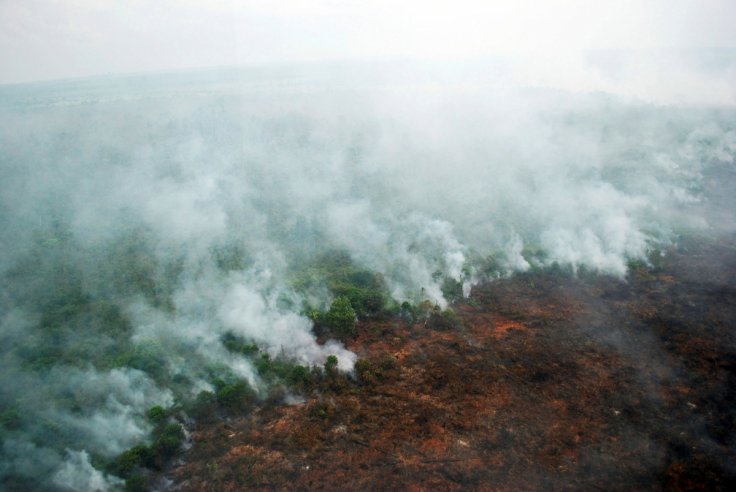Indonesia, the largest producer of palm oil, has been advised to impose a permanent ban on new permits for palm oil plantations by top environmentalists.
The country, which has the third-largest tropical forests in the world has been asked to do this in order to cope with climate change.
Earlier, Indonesia introduced a temporary freeze of three years on planting permits, which ends in September. The freeze aimed to prevent forest fires, deforestation, and land conflicts, as well as to achieve targets set under the Paris climate agreement, and help increase and accelerate the yields of existing palm oil producers.
"Our main goal would be to have a permanent moratorium." Yuyun Harmono, campaign manager for climate justice at the Indonesian Environment Forum (WALHI), said. Yuyun urged that a three-year ban won't do enough to achieve the established climate goals. Hence, the ban should be made permanent since they were still facing the same problems.

Earlier in 2019, Indonesian President Joko Widodo separately issued a permanent ban on the clearing of forests for activities such as palm plantations or logging.
It covered an estimated 163 million acres of primary forests. It was introduced in response to the disastrous forest fires in Indonesia's forests and peatlands in 2015.
And despite improved protection in parts of Southeast Asia, global loss of tropical forests was equal to the size of the Netherlands, according to satellite monitoring service Global Forest Watch (GFW).
Conservationists blamed the production plants for the destruction of these forests, as it encouraged deforestation for setting up plantations, ranches, farms, and mines. The destruction of forests could lead to major repercussions for global goals to curb climate change, as trees are needed for the proper production of oxygen and emission of carbon dioxide into the atmosphere, thus maintaining a balance in the ecosystem.
Gemma Tillack, director of forest policy for the Rainforest Action Network, a US-based non-profit organization, suggested the implementation of a permanent moratorium as it would make a massive contribution to the Indonesian government's efforts to reduce greenhouse gas productions.

Last month, Indonesia submitted an updated national climate action plan in November's COP26 U.N. climate talks. Government ministers believed that the country was expectant to achieve its target by 2060 or sooner – or a decade earlier than its previous 2070 target. Limiting forest destruction and conversion of land will be helpful to meet this initiative positively, green groups suggested.
GFW's 2020 deforestation data showed a downward trend in Indonesia's forest loss. Experts claimed it to be a result of the execution of government policies, which included the freeze on permits for palm oil plantations.
Andika Putraditama, forests and commodities manager at the World Resources Institute (WRI) Indonesia, recommended extension of palm oil moratorium and focusing on implementation of the policy, which involves revoking licenses not aligned with Indonesia's regulation and sustainable development goals.









